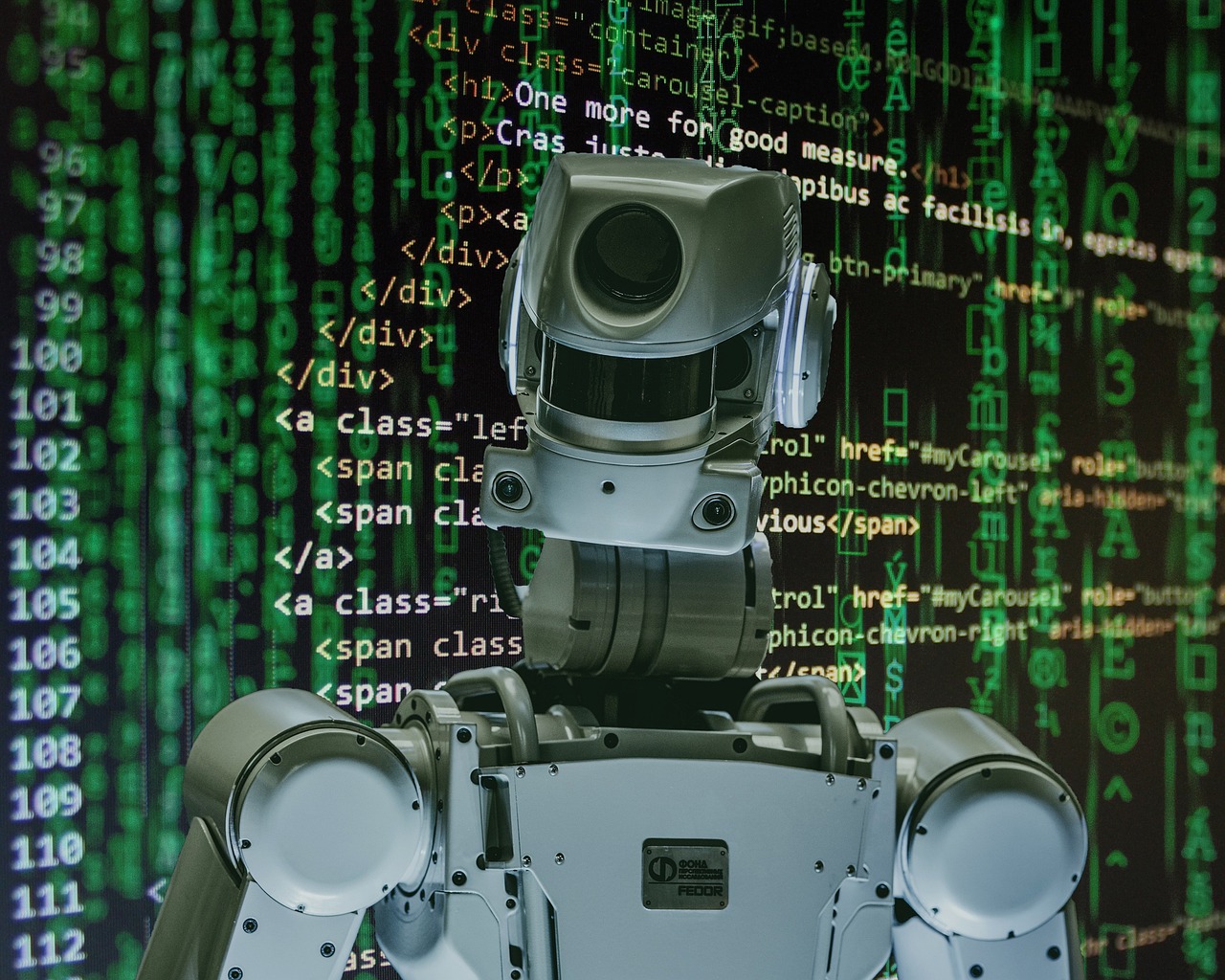
Collaborative Robotics Expands with New Foundational Model AI Team in Seattle

Seattle, WA | 2024 – Collaborative Robotics, a company specializing in autonomous mobile robots for logistics, has announced the formation of a foundational model AI team, led by Michael Vogelsong, founder of Amazon’s deep learning technology team. This newly established team will be based in Seattle and will drive the next phase of innovation for the company’s collaborative robots (cobots).
Brad Porter, CEO of Collaborative Robotics, commented, “Our cobots are already performing critical tasks for customers in production. Establishing the foundational model AI team is a significant step forward in unlocking the full potential of our robots. The team will explore advanced AI capabilities, particularly in bimanual manipulation and low-latency multimodal models. We look forward to the breakthroughs this talented group will achieve, enhancing our robots’ ability to understand and manage complex tasks and environments.”
Continued Secrecy Around Collaborative Robotics' System
Following a $100 million Series B funding round completed in April, Collaborative Robotics is channeling its resources into commercializing autonomous mobile manipulation robots. However, the company has remained tight-lipped about the actual design of its system, revealing only that it involves a wheeled collaborative robot with full-range mobility capabilities.
Brad Porter has previously shared that the robot features a four-wheel omnidirectional drive system and a central tower structure, designed to retrieve, transport, and place items within warehouses.
Applying Foundational AI Models to Robotics
Foundational AI models have become one of the most significant trends in robotics, with many companies investing in talent and intellectual property to develop this technology. These models promise to generalize behavior across tasks, reducing the need to develop and maintain specialized models.
Collaborative Robotics’ new foundational model AI team will focus on integrating cutting-edge machine learning technologies into their production robots. By leveraging existing foundational models, innovative research, and practical insights from operational systems, the team aims to enhance the adaptability and precision of the robots in various tasks.
The research will build on the company’s early work with its Auditable Control and Planning (ACoP) framework. This next phase of research will explore how models that process text, vision, and action can interact to create adaptive control with real-time feedback loops.
Additionally, the company announced a “significant” donation to fund PhD research at the University of Washington, led by Professor Sidd Srinivasa, a prominent figure in AI and robotics and a Collaborative Robotics advisor. Srinivasa noted, “This partnership with Collaborative Robotics aligns perfectly with our ongoing research at the University of Washington and will advance robotic capabilities in areas such as bimanual manipulation.”
Collaborative Robotics plans to open its Seattle office later this month, positioning it as a hub for advanced research. The company expects Seattle’s thriving tech ecosystem to support its expansion and research goals.
Translation source: Collaborative Robotics launches foundation model team, expands in Seattle - Collaborative Robotics Trends (cobottrends.com)

